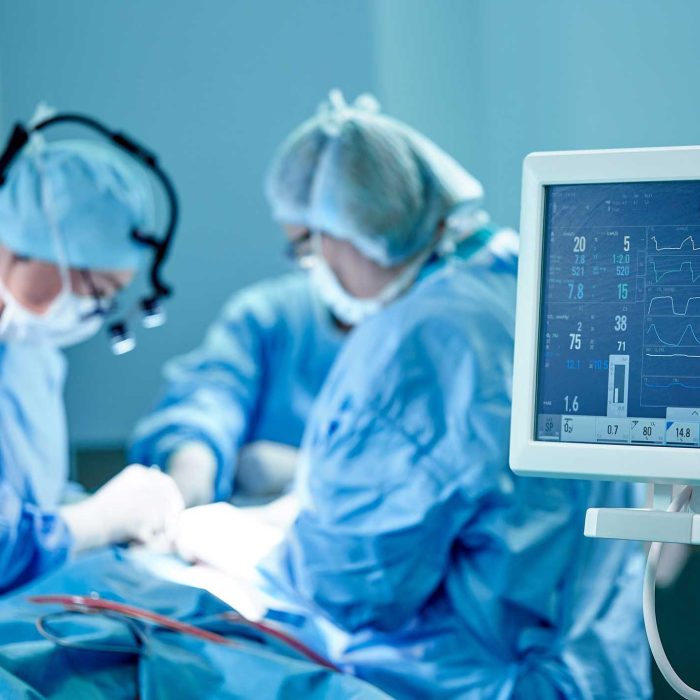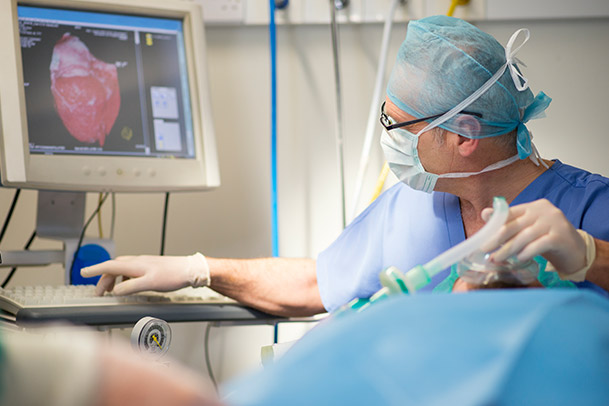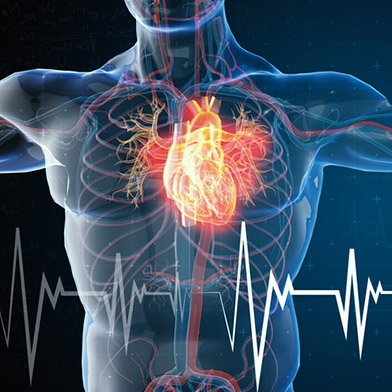Cardiology
The Heart of Healthcare
Cardiology is a branch of medicine that deals with the disorders of the heart and the cardiovascular system. This includes the diagnosis, treatment, and prevention of diseases affecting the heart, blood vessels, and circulatory system.
If you have any concerns about your heart health, it's important to consult with a cardiologist. Early diagnosis and treatment can significantly improve your quality of life.
How is open heart surgery performed?
What to expect after open heart surgery?
To book medical and tourism tours, contact us now.


Common conditions treated by cardiologists include:
Coronary Artery Disease (CAD): A condition where the arteries that supply blood to the heart become narrowed or blocked.
Heart Failure: A condition in which the heart can't pump enough blood to meet the body's needs.
Arrhythmias: Irregular heart rhythms.
Hypertension (High Blood Pressure): A condition where the blood pressure is consistently too high.
What is Cardiology?
Cardiology is a branch of medicine that deals with disorders of the heart and the cardiovascular system. This includes the diagnosis, treatment, and prevention of diseases affecting the heart, blood vessels, and circulatory system.
Diagnostic Tests and Procedures:
- Electrocardiogram (ECG): Measures the electrical activity of the heart.
- Echocardiogram: Uses sound waves to create images of the heart.
- Stress Test: Evaluates the heart's response to physical stress.
- Cardiac Catheterization: A procedure to diagnose and treat heart conditions, such as coronary artery disease.
- Coronary Artery Bypass Graft (CABG): A surgical procedure to bypass blocked or narrowed coronary arteries.
- Anesthesia: General anesthesia is used to keep the patient unconscious during surgery.
- Chest Incision: The surgeon makes an incision in the chest to access the heart.
- Heart-Lung Machine: This machine takes over the functions of the heart and lungs during the operation.
- Procedure Duration: The surgery can last between 2 and 6 hours.
- Hospital Stay: Patients usually stay in the hospital for 1-3 weeks, including time in the ICU.
- Post-Operative Care: Nurses monitor vital signs, pain levels, and overall recovery.
Remember: The specific details of the procedure and recovery time can vary depending on the individual patient and the type of surgery performed.
How is open heart surgery performed?
Open-heart surgery is a major surgical procedure that involves opening the chest to operate on the heart. It's typically performed under general anesthesia. During the procedure, a heart-lung machine may be used to temporarily take over the heart's function, allowing surgeons to operate on a still heart.

What to expect after open heart surgery?
- Intensive Care Unit (ICU): You'll spend the first few days in the ICU, where medical staff will closely monitor your vital signs and recovery.
- Pain Management: You'll receive pain medication to manage discomfort.
- Breathing Tube: A breathing tube may be temporarily inserted to assist with breathing.
Hospital Stay:
- Physical Therapy: You'll begin physical therapy to help regain strength and mobility.
- Dietary Changes: You'll follow a specific diet to aid in healing.
- Medication: You'll be prescribed medications to manage pain, blood pressure, and other conditions.
Home Recovery:
- Rest: You'll need to rest and avoid strenuous activities for several weeks.
- Gradual Return to Activity: Gradually increase physical activity as recommended by your doctor.
- Follow-up Appointments: Regular check-ups with your cardiologist are essential to monitor your recovery.
- Lifestyle Changes: Adopting a heart-healthy lifestyle, including a balanced diet, regular exercise, and stress management, is crucial.
Common Challenges During Recovery:
- Fatigue: Feeling tired and weak is common.
- Pain: Pain, especially around the incision site, is expected.
- Shortness of Breath: Difficulty breathing, especially during exertion.
- Emotional Changes: Mood swings and anxiety may occur.
Remember:
- Follow Your Doctor's Instructions: Adhere to your doctor's recommendations for medication, diet, and exercise.
- Be Patient: Recovery takes time. Avoid rushing the process.
- Seek Support: Don't hesitate to reach out to your healthcare provider or support groups for assistance and advice.
By following your doctor's advice and taking care of yourself, you can make a full recovery from open-heart surgery.

